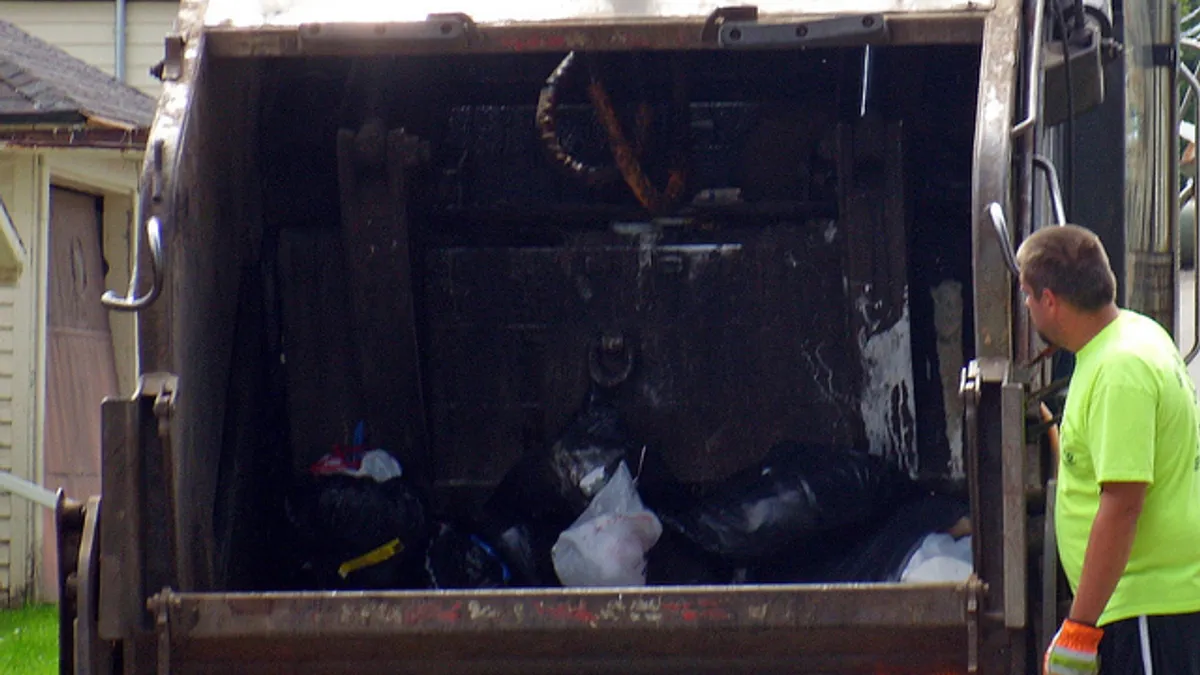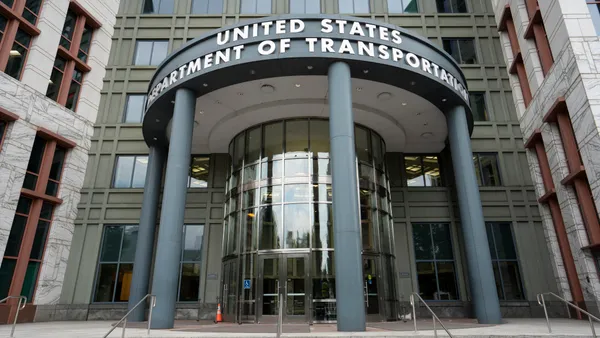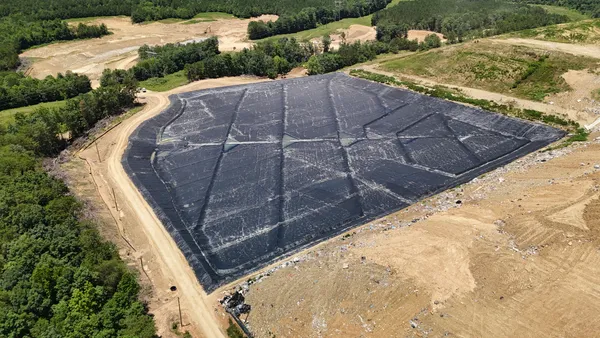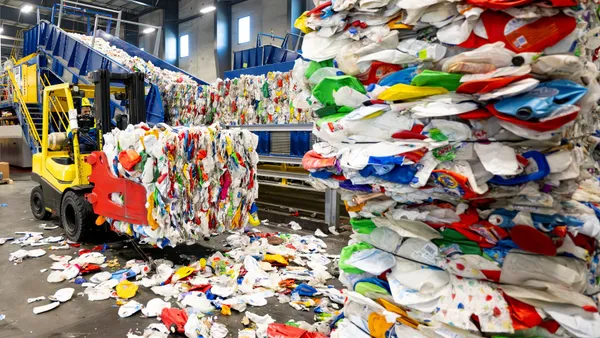UPDATE: Houston Mayor Sylvester Turner announced Monday that the city will keep subsidies for homeowners' associations that contract with private haulers, despite a prior proposal to eliminate such subsidies.
When Turner suggested that the subsidies be eliminated — in an effort to save the city $3.5 million annually — the homeowners' associations warned they would just switch to city collection which would backfire on the budget.
Turner will now look to other solutions to close a $160 million gap in the city's budget for fiscal year 2017.
Dive Brief:
- Houston residents who arrange trash service through a civic association may lose the subsidy that they currently receive for doing so—an idea of Mayor Sylvester Turner to help balance the city's budget. For the Westchester subdivision, this would mean paying $18 rather than $12 a month for trash collection, according to resident John DeFilippo of that community’s homeowners' association.
- DeFilippo believes without the subsidy, many homeowners' associations would revert back to the city’s collection and that it would actually further tax the city. But Turner claims the plan would save Houston $3.5 million.
- Council member Greg Travis plans to amend the budget in his district to restore the sponsorship, should the funding dissolve.
Dive Insight:
Municipalities with their own financial struggles are often reluctant to offer trash subsidies, whether it means putting some of the burden back on residents or the industry. But it's not always the best move. Honolulu received backlash in a similar situation, and as a result, recyclers will soon receive annual subsidies of up to $600,000 a year, despite a veto from city Mayor Kirk Caldwell.
Ohio's Upper Arlington City Council was also looking to rescind a trash service subsidy that would have significantly hiked residents’ costs from $40 to $64 a month, an idea that fielded both pro and con arguments.
Meanwhile, trash is not cheap—at least not taking care of it. Smart-thinking municipalities are getting resourceful. Some are going out and getting the subsidies for themselves, and it will be interesting to see if savings will be passed to the community. Others have tried funding models that have ended up having positive impacts beyond money savings. One Maine town reports a pay-as-you throw model not only generated $46,569 in disposal fee savings, but diverted 56% from the landfill.
It has yet to be seen how pulling back on the subsidy in Houston would play out. But, said Turner, "If they are saying...if you take it away, then yeah, we’re going to turn to your city service and end up costing us more, absolutely, then I will drop it, and we’ll find some other place to get the money," as reported in Houston Public Media.












